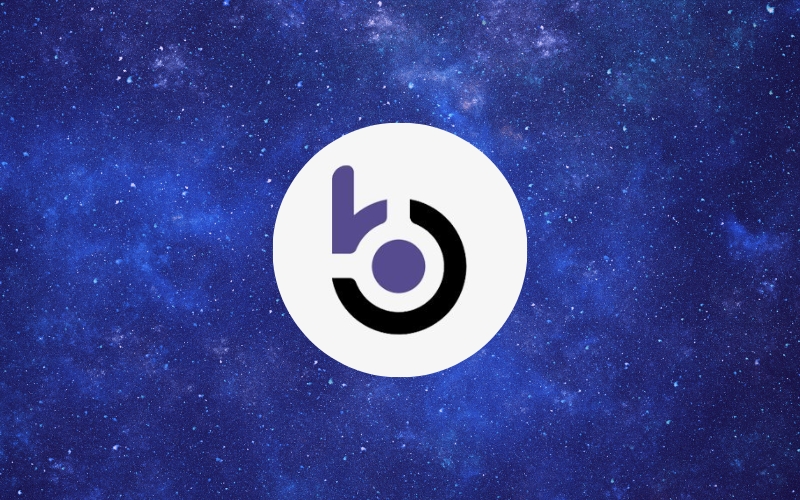Blast API is one of the main products by Bware Network, offering access to some of the most relevant blockchains to carry Web3 products. Blast offers subscription-based API access, which is key to the speed of Web3 apps.
Blast API recently announced a partnership with Moonbeans, showcasing its usage in fast NFT tracking, minting and distribution.
Blast API aims for mass adoption, claiming to draw in more than 10K developers, making more than 1M calls to blockchains on busy days. The API is used to gather data in long-running crypto and Web3 services, including CoinGecko and DappRadar.
Blast API Offers Personalized End Points
With Blast API, builders of Web3 apps can create their own end-point of data. Blast itself has built its own mainnet, tested and launched since March 2023, offering the endpoints as a form of community engagement.
Blast API solves the need to run nodes, replacing it with nodes on its own network. New app developers can access synchronized on-chain data immediately, instead of waiting to synchronize their own node. Blast offers end-point data, which can be immediately integrated into Web3 apps.
After expanding beyond Ethereum, Blast API reaches 25 blockchains and 45 networks. Developers can use a dashboard to set up the data. Additionally, Web3 teams can run a node on Blast and support the network as validators, receiving compensation for their investment.
Blast API is only one resource by Bware Labs, which grants other types of access. Secondary apps are also appearing in partnership with Bware Labs, which grant access to fast data through their own endpoint.
On-chain data has multiplied, creating opportunities for arbitrage, and for measuring NFT trends and sentiment. Timely data for games also measure user engagement, NFT usage, as well as token transfers.
The Blast API is also used to gather data from niche networks, serving as oracles for DeFi events or other types of smart contracts. As a paid and curated service, Blast API also offers support and expert advice on setting up endpoints and nodes.










